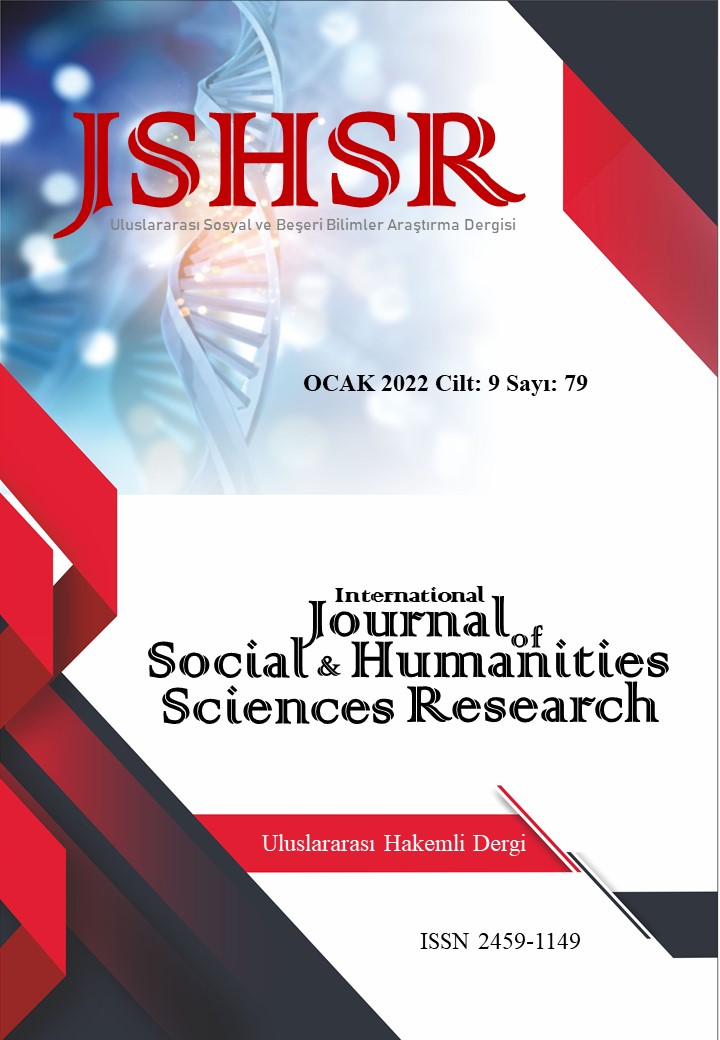EMPIRICAL ANALYSIS OF THE EFFECT OF FOREIGN DIRECT INVESTMENTS AND DOMESTIC INVESTMENTS ON CO2 EMISSIONS IN TURKEY
DOI:
https://doi.org/10.26450/jshsr.2910Keywords:
Environmental Pollution, FDI, Time SeriesAbstract
The world is in an effort to accelerate its policies towards reducing greenhouse gas emissions and the costs incurred by these efforts are particularly challenging for low-development countries. In this direction, the aim of the study is to compare the effects of foreign and domestic investments on environmental degradation in Turkey, where foreign capital inflows are intense. In the time series analysis, the long- and short-term relationship between the variables was examined using the ARDL bound test method, and the Toda-Yamamoto causality test was used to investigate the causal relationship. According to the results of the analysis, a significant and positive relationship was found between CO2 emissions and foreign direct investments in the long run. Again, the increase in energy consumption has an increasing effect on CO2 emissions in the long run, and the relationship between them is statistically significant. On the other hand, the long-term relationship between CO2 emissions and fixed capital investments is meaningless. According to the results of the Toda-Yamamoto causality test, the causality relationship between foreign direct investments and CO2 emissions and between energy consumption and CO2 emissions is bidirectional. On the other hand, there is no causal relationship between domestic investments and CO2 emissions.
Downloads
Published
How to Cite
Issue
Section
License
Copyright (c) 2022 INTERNATIONAL JOURNAL OF SOCIAL HUMANITIES SCIENCES RESEARCH

This work is licensed under a Creative Commons Attribution 4.0 International License.


